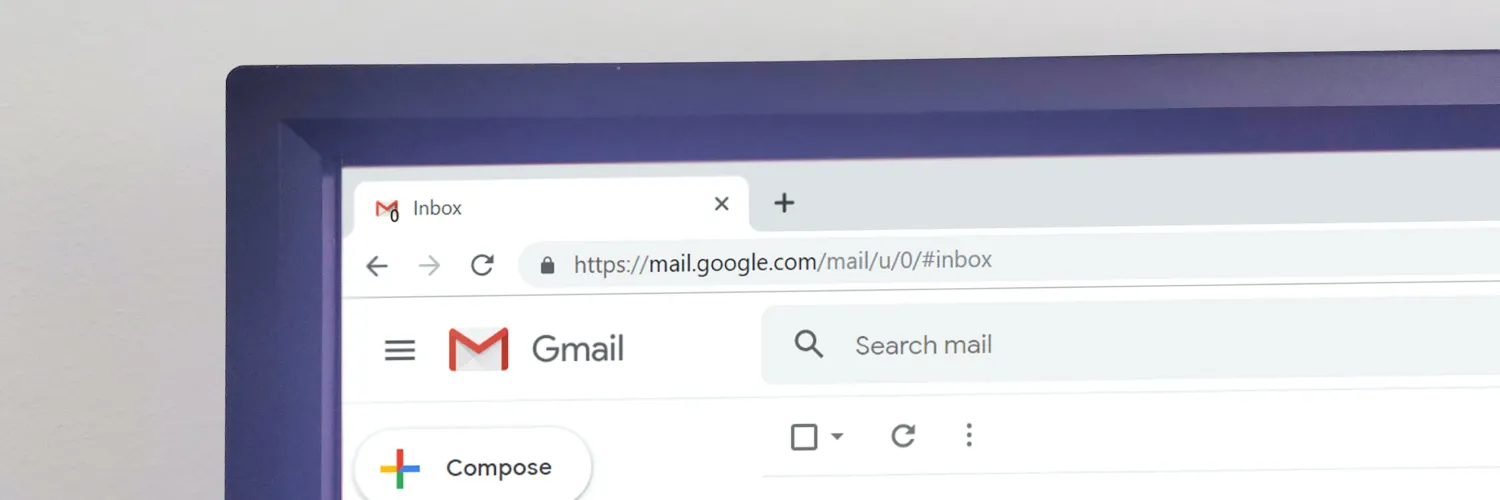Understanding the Importance of Email Communication
Email communication is an essential skill in both personal and professional settings. Often, individuals hesitate to respond to emails promptly, leading to delays and misunderstandings. However, the act of simply emailing the person back is not that hard. It can save time, foster relationships, and maintain the flow of information. This article explores the significance of timely email responses and provides tips to enhance your email communication skills.
Why You Should Just Email the Person Back
When you receive an email, the sender often expects a response. Whether it’s a colleague, a friend, or a client, responding can be crucial for maintaining the relationship and keeping projects moving forward. Here are some key reasons why you should just email the person back:
- Reduces Miscommunication: Delaying your response can lead to misunderstandings. By replying promptly, you clarify your position and intentions.
- Builds Professional Relationships: Consistent and timely communication demonstrates professionalism and reliability, which are essential in building trust.
- Enhances Productivity: Quick responses lead to quicker resolutions of issues, which can significantly enhance overall productivity.
- Shows Respect: Responding to emails shows respect for the sender's time and effort, reinforcing a positive communication culture.
Tips for Effective Email Responses
To make the process of responding to emails easier, consider the following tips:
| Tip | Description |
|---|---|
| Set Aside Time | Dedicate specific times during your day to check and respond to emails. This helps you stay organized and ensures you don’t miss important messages. |
| Be Concise | Keep your responses brief and to the point. This not only saves your time but also makes it easier for the recipient to understand your message. |
| Use Templates | If you find yourself responding to similar inquiries frequently, create templates that you can quickly modify for each situation. |
| Prioritize Your Responses | Not all emails require an immediate response. Prioritize based on urgency and importance to manage your time effectively. |
| Proofread Before Sending | Always proofread your emails for clarity and professionalism. A well-written email reflects your attention to detail. |
Overcoming Common Challenges in Email Communication
Many people face challenges when it comes to email communication. Here are some common obstacles and how to overcome them:
- Fear of Misinterpretation: People often worry that their tone may be misinterpreted. To combat this, use clear language and consider adding a friendly greeting or closing.
- Procrastination: Putting off email responses can lead to a backlog. To avoid this, set a timer for 15 minutes and commit to responding to as many emails as you can during that time.
- Lack of Confidence: If you're unsure about the content of your message, do some research or seek advice from colleagues before hitting send.
Enhancing Your Email Communication Skills
Improving your email communication skills can have a lasting impact on your professional life. Here are some actionable strategies to consider:
- Learn from Others: Observe how effective communicators craft their emails. This can provide insights into tone, structure, and content.
- Take an Email Writing Course: If you feel you need more guidance, consider enrolling in a course focused on professional email writing.
- Practice Regularly: Like any skill, practice is key. Engage in email exchanges frequently to build your confidence and expertise.
Conclusion
In summary, responding to emails is not as challenging as it may seem. By adopting effective strategies and maintaining a positive mindset, you can streamline your email communication and enhance your professional relationships. Remember, just email the person back. It's really not that hard!
By implementing these tips and strategies, you’ll not only improve your email etiquette but also position yourself as a reliable and effective communicator within your network.





